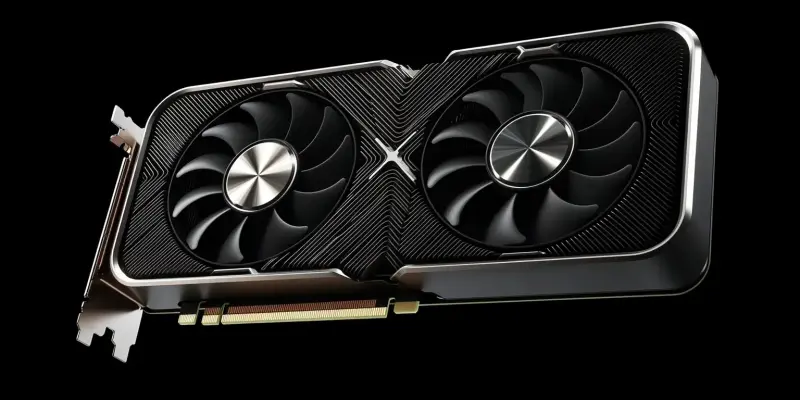The excitement surrounding NVIDIA’s GeForce RTX 5090 is palpable, but the exorbitant pre-sale prices of up to $7,000 are causing many to question whether these listings are worth the risk. The official release date for the RTX 5090 hasn’t been announced yet, but scalpers are already flooding online marketplaces with pre-sale listings. This phenomenon is a repeat of what happened with previous NVIDIA GPU launches, where high demand and limited initial availability allowed scalpers to inflate prices significantly above the manufacturer’s suggested retail price (MSRP).
Scalpers Exploiting Market Demand
Scalpers are capitalizing on the high demand and limited supply by creating pre-sale listings, often backed by positive seller reviews to lure potential customers. These unauthorized “presale campaigns” exploit consumers’ fear of missing out (FOMO), making the offers appear enticing. Specific variants, such as ASUS ROG Astral and Founders Edition, are frequently featured in these listings because readily available official images lend an air of credibility, enhancing the perceived legitimacy of the offers. Unfortunately, many consumers are tempted to purchase these expensive pre-sale listings but often face fraudulent schemes and delayed deliveries.
NVIDIA has acknowledged the potential scarcity of the RTX 5090 at launch and plans to manage retail distribution meticulously to mitigate scalper activities. However, genuine early listings are still expected to carry high premiums due to the tight initial supply. The best approach for consumers is to exercise caution and avoid these pre-sale listings, instead opting to purchase from well-established retailers or physical stores once the GPU is officially released. This mitigates the risk of falling victim to fraudulent schemes and ensures a legitimate acquisition of the anticipated RTX Blackwell GPU.
Consumer Vigilance Is Crucial
Despite the appeal of getting the latest technology ahead of the official release, the high premiums and risks associated with pre-sale listings make them less advisable. The key to navigating this landscape is heightened consumer vigilance. Many of these pre-sale listings rely on positive reviews and official images to appear credible, but they often lack proper authorization. Even with NVIDIA’s efforts to manage distribution, it is essential for consumers to rely on established and reputable purchasing avenues for their transactions.
There have been numerous instances in the past where buyers have fallen prey to scammers, ending up with delayed or nonexistent deliveries. To safeguard against these risks, potential buyers should focus on reliable sources and wait for the official release. By doing so, they can avoid the pitfalls associated with the unauthorized pre-sale market and ensure they receive a genuine product.
Conclusion
The excitement for NVIDIA’s forthcoming GeForce RTX 5090 is undeniable, but the sky-high pre-sale prices, reaching up to $7,000, are making many potential buyers hesitant. While the official release date of the RTX 5090 has yet to be unveiled, scalpers have already inundated online marketplaces with pre-sale listings. This trend mirrors the situation with previous NVIDIA GPU releases, where overwhelming demand and limited supply allowed scalpers to dramatically hike prices well above the manufacturer’s suggested retail price (MSRP).
Consumers face a dilemma: wait for the official release and hope for a more reasonable price or give in to current market pressures. Scalping has become a significant issue in the tech world, impacting not only GPUs but also gaming consoles and other high-demand electronics. The question arises whether NVIDIA and other manufacturers will ever find a solution to curb these rampant practices. In the meantime, potential RTX 5090 buyers must decide if they’re willing to pay a premium for early access or if patience might eventually reward them with fair pricing.

